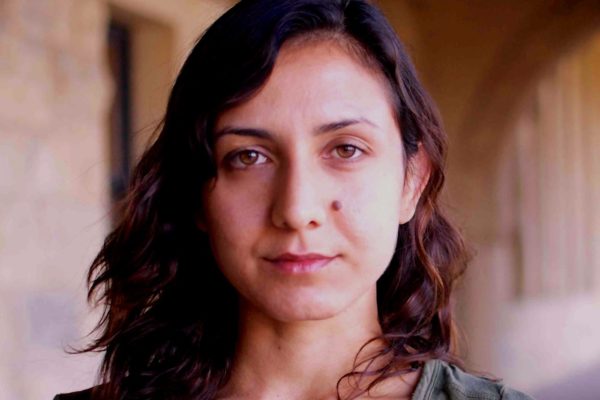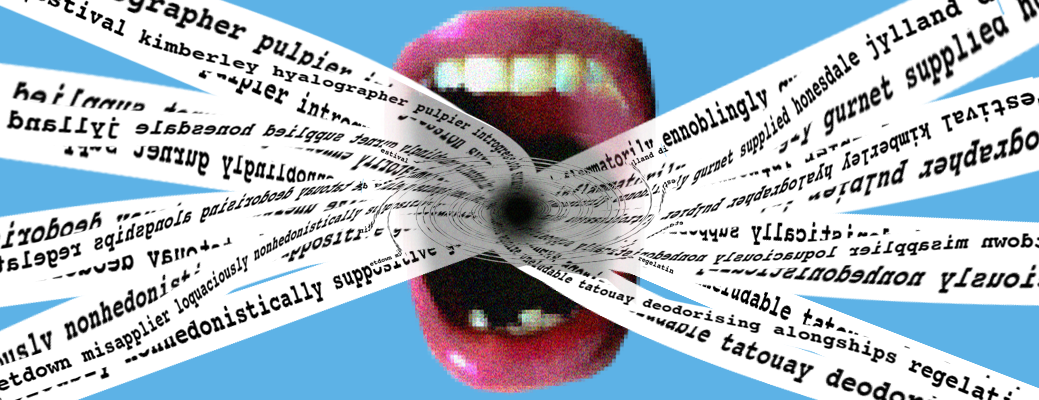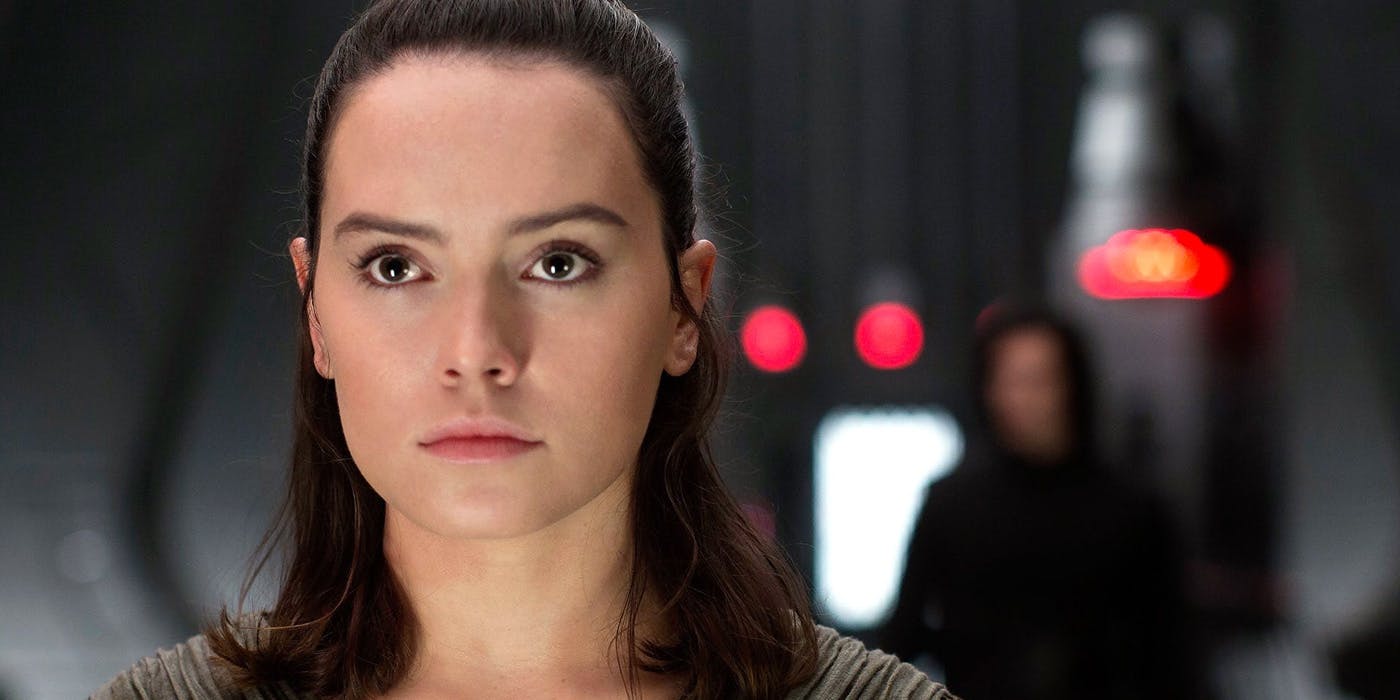Ottessa Moshfegh is the author of the novel McGlue, winner of the Fence Modern Prize in Prose and the novel Eileen, which won the PEN/Hemingway Award for Debut Fiction. Ottessa was a finalist for the National Book Critics Circle Award and the Man Booker Prize. Her stories have appeared in such places as The Paris Review, The New Yorker, Granta and Vice. A collection of her shorter works, entitled Homesick for Another World, will be released in January 2017.
Ottessa is speaking at Columbia University’s Creative Writing Lecture series, hosted by graduate writing program faculty member Ben Marcus, on November 9th, 2016. The event is hosted by the graduate writing program at Columbia University’s School of the Arts and is open to the public.
Marcus Creaghan is in the fiction concentration of Columbia’s MFA in creative writing. His work has appeared in Vox, Catapult and F(r)iction Magazine. He interviews contemporary fiction writers for The Columbia Journal.
Marcus Creaghan: You’ve just finished with what must have been an exciting and overwhelming time as a Man Booker finalist. How would you describe the experience?
Ottessa Moshfegh: It was fun, and funny. I made good friends with my publicist in London, who had to endure me for days on end. I met lovely people who have been supporting me and the nominated book, people I’d only known over emails. That was wonderful. And I was truly moved when Paul Beatty won the prize. He is such a sincere and brilliant person.
Marcus Creaghan: I know you received some negative attention for your novel Eileen based on your usage of a conventional thriller structure during the writing process. This seemed strange to me, as if artists hadn’t always used formal constraints to release other energies in their work. I think the assumption was that it was done solely on a mercenary impulse. Do you think the response was, in part, based on the fantasy that a serious writer shouldn’t ever worry about their bank account?
Ottessa Moshfegh: I don’t know. I tend to come off obnoxiously in interviews. I’ve gotten better over the past few months at tempering my silliness and rage. I read a line in “Mao II” the other day that said something like “anger soothes the wounded soul” and that kind of explains my obnoxiousness. On that note, I really don’t give a shit what people think about my financial situation or what impelled me to write Eileen. It’s none of their business, and it was stupid of me to answer that question so honestly only because the response resulted in anxiety, and I have enough of that. I am a serious writer. And if it bothers people that I need money to eat to survive, I’d say, “Trust me, I’ve tried starving. It doesn’t work.”

Marcus Creaghan: Do you have any interest in working inside the traditions of other genres? I’d love to see what a Moshfegh space opera would look like.
Ottessa Moshfegh: I’ve always wanted to write a libretto! And I’d like to do an oral history book before I die, but about what, I don’t know yet. These days I’m obsessed with true crime documentary, and documentary film in general, so I wonder if I’ll get into nonfiction sometime soon.
Marcus Creaghan: I’m fascinated by your characters’ relationships with their bodies, they often engage in self-abuse, through alcohol or even laxatives, without necessarily being self-loathing. In my reading their bodies are the contact point for a world that they reject. So, naturally, they want to warp and detonate that space. Whether or not you think that reading is fair, what conflicts do you see playing out along your characters’ bodies?
Ottessa Moshfegh: One’s conflict with one’s body is the same as one’s conflict with life itself. The conflict is an illustration of one’s relationship to his/her material self, the thing that weighs a soul down from heaven…
Marcus Creaghan: One of the lines I underlined ecstatically in Eileen was “People truly engaged in life have messy houses.” Is your workspace a disaster? If not, do you have routines, or I guess anti-routines, to put yourself in the right mindset to write your characters?
Ottessa Moshfegh: I am a neat person. I can stand a little clutter. I’m not abnormally anal. The worst is other people’s mess. I can’t write with someone else’s shit around. I don’t have a real routine; each project determines its own discipline, and usually requires flexibility and self-strengthening, whatever that means. I often write lying down with my knees up, laptop hovering over my crotch, which is terrible for my neck. Physical pain is one way into “relatability” if you want to talk about finding compassion for a character. Imagine that character with a splitting headache, or having just gotten hit by a truck.
Marcus Creaghan: Just last week your story “An Honest Woman” was published in The New Yorker. In it an older man, Jeb, listens in on his young neighbor’s life through his basement window, and watches her from a spot on his porch. He sits “facing her yard as if it were a TV set.” Not for the first time your work reminded me of the essential creepiness of consuming fiction, of how writing always puts us in the place of the voyeur. Do you think the writer’s role is to be like Jeb? Investigating the inner lives of people who are not open to that trespass?
Ottessa Moshfegh: That’s a fun way to look at it. Sure, you could say I think that. But it’s not the only role. Just one point: You know how it feels when you’re in a restroom and you forget to lock the door and someone comes and opens it and sees you with your pants down? Writing is not that. But it can be, if you want it to be.
Marcus Creaghan: Eventually, Jeb and the unnamed neighbor end up in the same room, and when she refuses his advances he condemns her. “You’re lucky I’m not a creep, I could do anything I wanted to you, you know. A young girl, drunk on my couch. You should be more careful.” Like most, Jeb imagines himself to be a fundamentally nice guy, and wants to be rewarded for that especially when suspicions arise that he might be malicious. This kind of fragile masculinity seems both embarrassingly simple and manipulatively complex. What are the challenges of presenting that mindset? And what do you hope you’ve exposed?
Ottessa Moshfegh: Actually, I’m going to disagree with you. Jeb knows he’s a creep. A creep with a gift with words, nauseatingly transparent but stupefyingly clever at the same time. I find this whole concept of “fragile masculinity” kind of a misnomer for “being insecure.” I hope I’ve exposed how weird and delusional we can be when we feel unloved, and how it can drive us to abuse ourselves and others.
Marcus Creaghan: I know the question of influences can be a tricky one to parse, so instead I’ll ask what writers/artists do you find yourself thinking about while you’re working on your next project?
Ottessa Moshfegh: I like how you pose the question. I’m working on a new novel, and I’ve been thinking a lot about Picasso, “American Psycho,” Whoopi Goldberg, Steven Spielberg, Kissinger, Damien Hirst. The list goes on…
Marcus Creaghan: You went to Brown for your MFA. If you could give yourself a piece of advice before you started your writing degree what would it be?
Ottessa Moshfegh: Don’t slam your finger in the car door! That’s my only regret.



